Stanley Kubrick is considered by most audiences and film critics around the globe to be one of the greatest filmmakers of all time. He only made 13 films in his nearly 46-year long career. He was compulsive, mostly exercising full creative control over his films to an extent where they look, sound and feel completely different and a single man’s vision by all means. But every film is a different genre, a different period and bears literally no similarity to the other films in his oeuvre, in terms of the worlds inhabited by the characters. The said worlds would be presented under a thin veil, a detachment that propelled an audience to be like viewers of a painting, or listeners of a piece of music. Stanley Kubrick filmography is best relished when his films are seen as pure cinematic experiences.
Starting from the 1960s, all Kubrick films received heavily mixed responses from both critics and audiences, without exception. And now most of them are considered a masterpiece. From using a lens designed for NASA to shoot entirely in natural light, to taking more than a 100 takes until he found what he called “the magic”, to designing impossibly forward-looking space exploration models, Stanley Kubrick is a subject of unceasing curiosity for a film enthusiast. So with that said, let’s explore the list of all top Stanley Kubrick films, ranked from good to best. You can watch some of these best Stanley Kubrick movies on Netflix, Hulu or Amazon Prime.
13. Fear And Desire (1953)
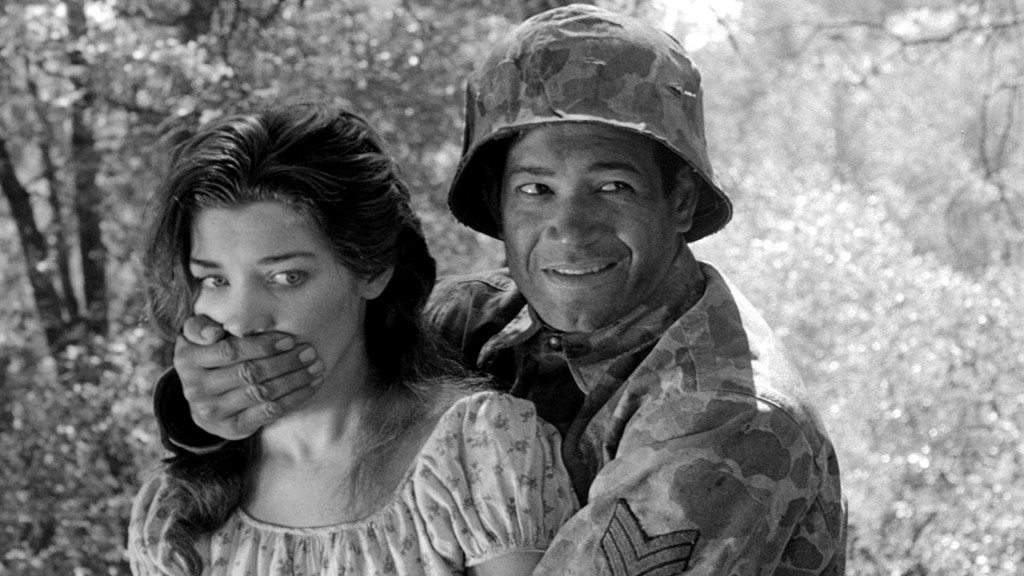
Kubrick’s first feature, ‘Fear And Desire’, is much more of an amateur exercise than a fully realized film. There is not much of a plot to speak of, nor any well-crafted characters. But there is a sense of experimentation and a conscious effort to make something different from the kind of films Hollywood was delivering, one after the other, at the time. Nothing much is said in the film, except the fact that Kubrick was undoubtedly gifted.
12. Killer’s Kiss (1955)
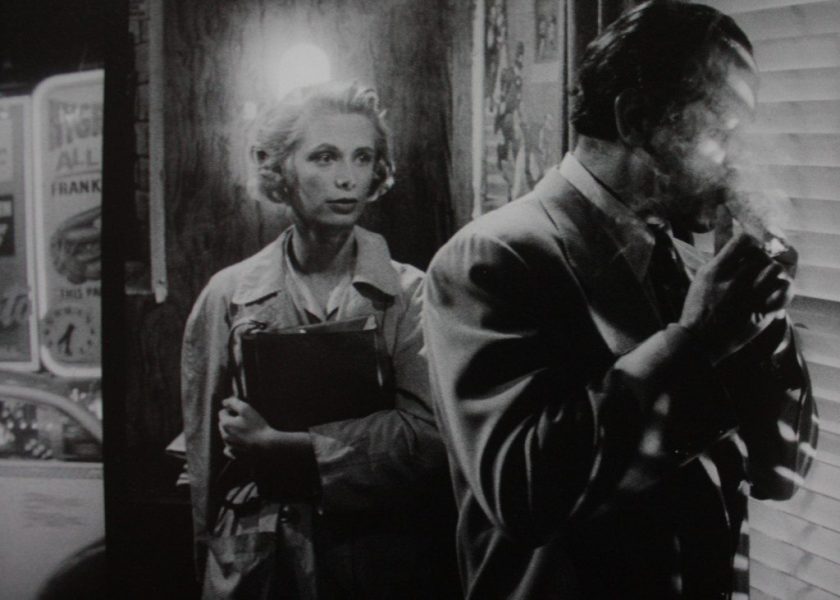
‘Killer’s Kiss’, described by Kubrick himself as “frivolous”, is another of one of Kubrick’s early works that aren’t as unconventional or compelling as his later films would prove to be. Circling the life of three residents of New York, Kubrick shoots his home city with the most fascinating use of light. It isn’t a true Kubrick piece in any sense of the words, but a keen viewer would surely be able to detect the spark of his intellect.
11. Spartacus (1960)

In a list of the great cinematic historical epics, ‘Spartacus’ would probably rank higher. But as a part of Kubrick’s filmography, it deserves to be ranked lower to his more original works. Kubrick replaced Anthony Mann as director after the first week of shooting, and as the production went on, Kirk Douglas, the star and executive producer of the film, undermined Kubrick’s authority and wouldn’t allow big alterations to Dalton Trumbo’s screenplay. As a result, ‘Spartacus’ is not the film Kubrick wanted to make, but is still beautifully shot in 70mm and features entertaining performances, especially one from Peter Ustinov. Unsurprisingly, Kubrick swore never to work on a film again where he didn’t have absolute creative control.
10. The Killing (1956)
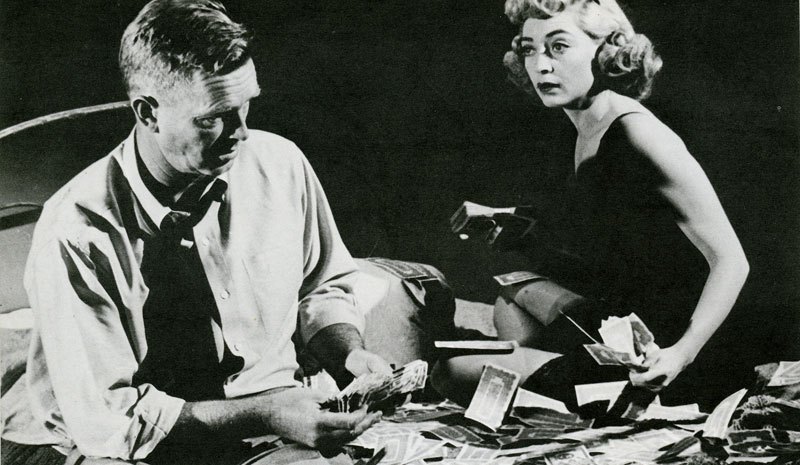
‘The Killing’ features in the great critic Roger Ebert’s list of “Great Movies”. It was the film that established Kubrick in the industry as major director even though it was a commercial failure. Focusing on a man’s attempt to a high-profile robbery from the money-counting room of a racetrack, it’s thrilling, disturbing and imaginative, even though fairly conventional. It is also a stellar showcase for Kubrick’s impeccable art of staging.
9. Lolita (1962)
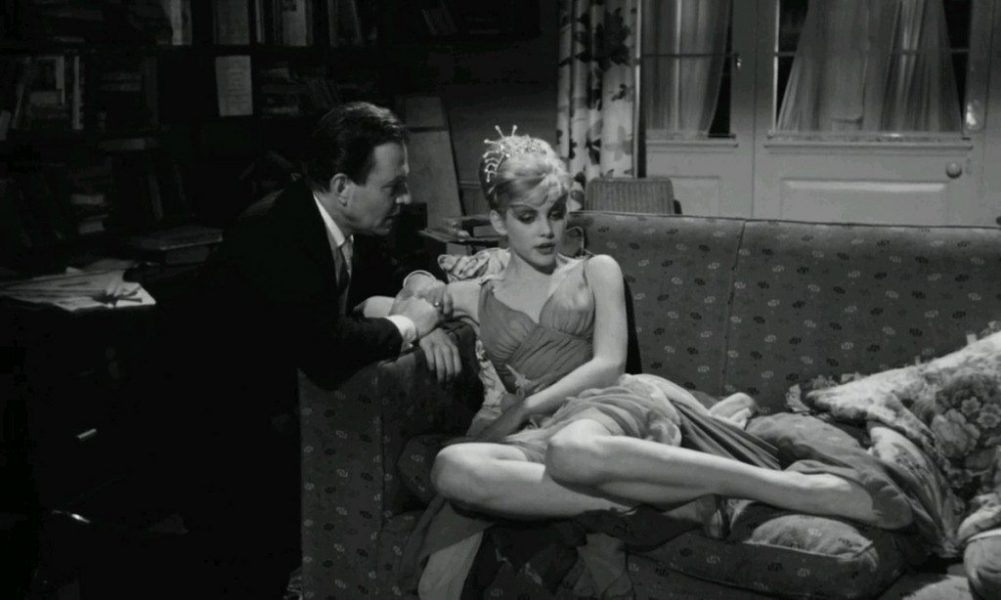
Based on Vladimir Nabokov’s highly controversial, iconic novel, ‘Lolita’ was the first film where Kubrick got an opportunity to exhibit his originality. The central theme of the film, where a middle-aged man is infatuated with the 14-year-old daughter of the woman he marries, attracted the wrath of the Catholic Church. In order to make it commercially viable, Kubrick had to cut a lot of “offensive” scenes from the film. But ‘Lolita’ still retained all of it’s irony and scathing wit, with a fantastic Peter Sellers lighting the screen up every time he appears in the film.One of the underrated Stanley Kubrick movies.
8. Paths Of Glory (1957)
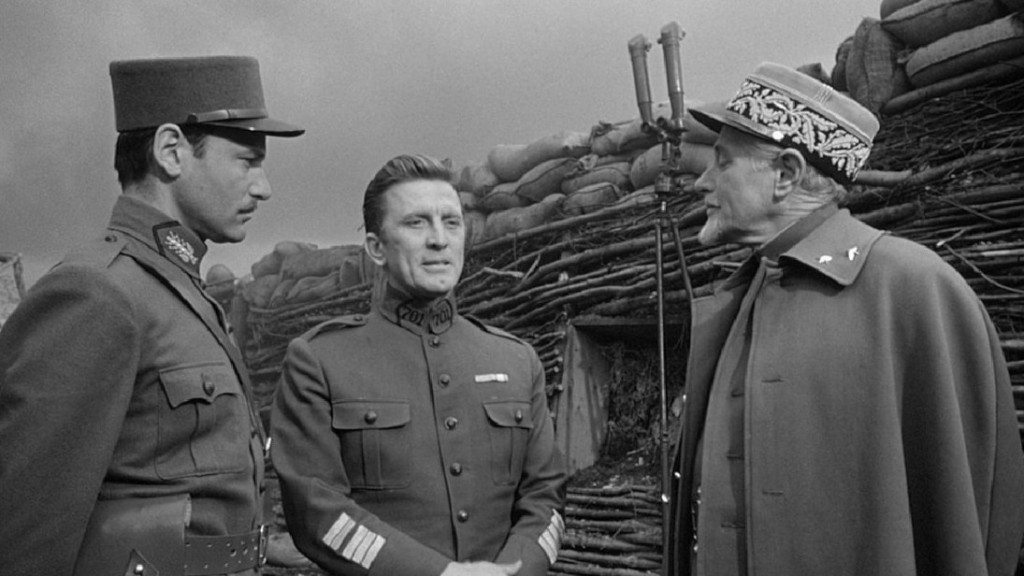
‘Paths of Glory’ is one of the ultimate war films. It portrays not only the redundancy, the senselessness of war, but also the remarkable fallacy of our great leaders. It’s image after image of bleak emptiness, whether it be Kirk Douglas walking through the trenches, or the social commentary of the courtroom scenes. The last scene of the film (starring Christiane Harlan, who would go on to marry Kubrick) serves to kill all arguments against Kubrick that cite his distant, cold approach to movie-making.
7. Full Metal Jacket (1987)
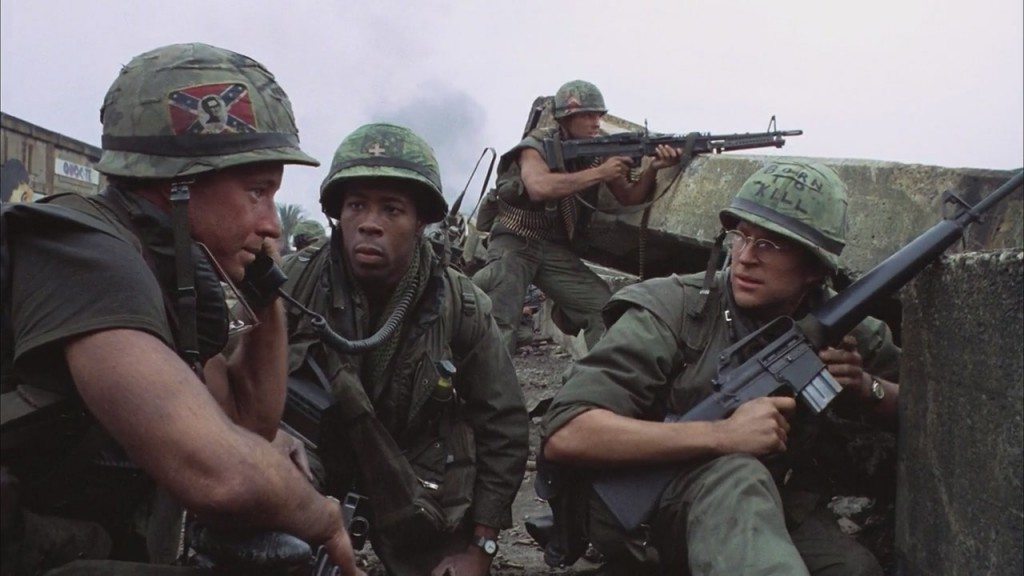
Kubrick wanted to desperately make a war film, where truth would be of more significance than judgement. ‘Full Metal Jacket’ was his attempt to bring us to the dark realities of the Vietnam War. While it certainly pales in comparison with the Vietnam masterpiece ‘Apocalypse Now’, only a filmmaker like Kubrick could’ve managed to embed beauty in a film about one of the most brutal wars in history.
Read More: Christopher Nolan Movies
6. Eyes Wide Shut (1999)
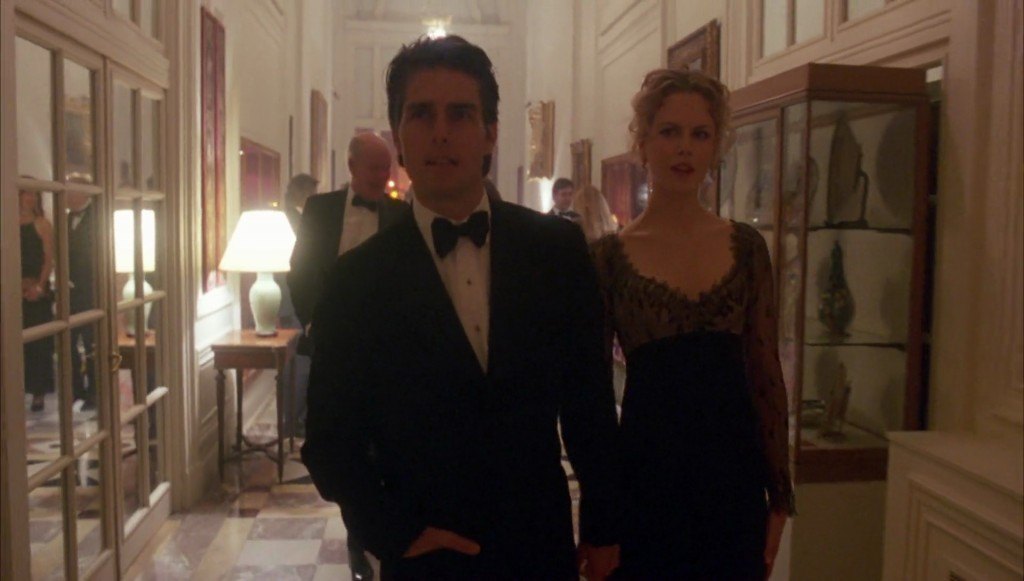
‘Eyes Wide Shut’ is probably the most Kubrickian of all Kubrick films. You can attempt an explanation to all of his other films, but no absolute one is possible to this one. It is the master’s final statement on the slumber of modern life. It’s dream-like narrative fueled by stunning visual detail, a bravura performance from Nicole Kidman and a masterful use of Ligeti’s music, lend the film the ability to compel the audience to get lost in it, and believe me is it hard to recover. No film since 1999 has matched ‘Eyes Wide Shut’ in it’s ambiguity. Mostly because there hasn’t been a Kubrick film since then.
5. A Clockwork Orange (1971)
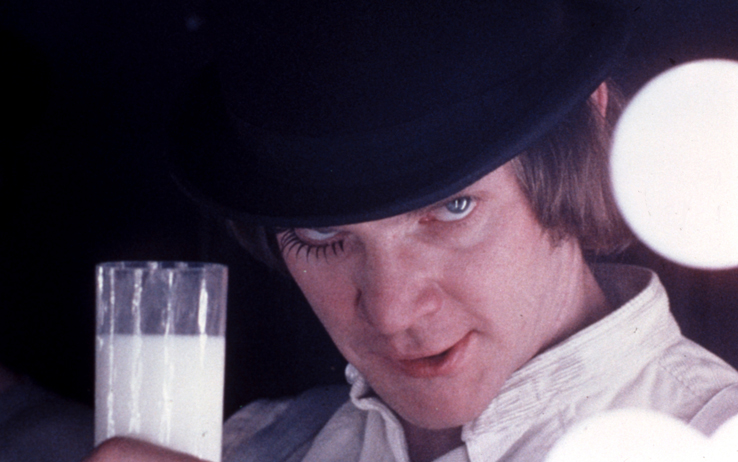
A dystopian horror masterpiece, whose protagonist, Alex, loves to murder, rape and listen to Beethoven, ‘A Clockwork Orange’ is undeniably one of the most iconic films ever made. Based on Anthony Burgess’s novel, the film is a mirror Kubrick holds to the society, foretelling a future so horrifying, where even the attempt to curb evil is rooted in evil. It’s not comfortable viewing for most audiences, but is astonishing in its degree of creativity, imagination and it’s satire-drenched narrative which as hard as you may try to resist, will pull you into Alex’s world and his point-of-view, until you realize, Kubrick’s playing with you, he’s just having fun, and in the process, crafting a supremely essential film.
4. Barry Lyndon (1975)
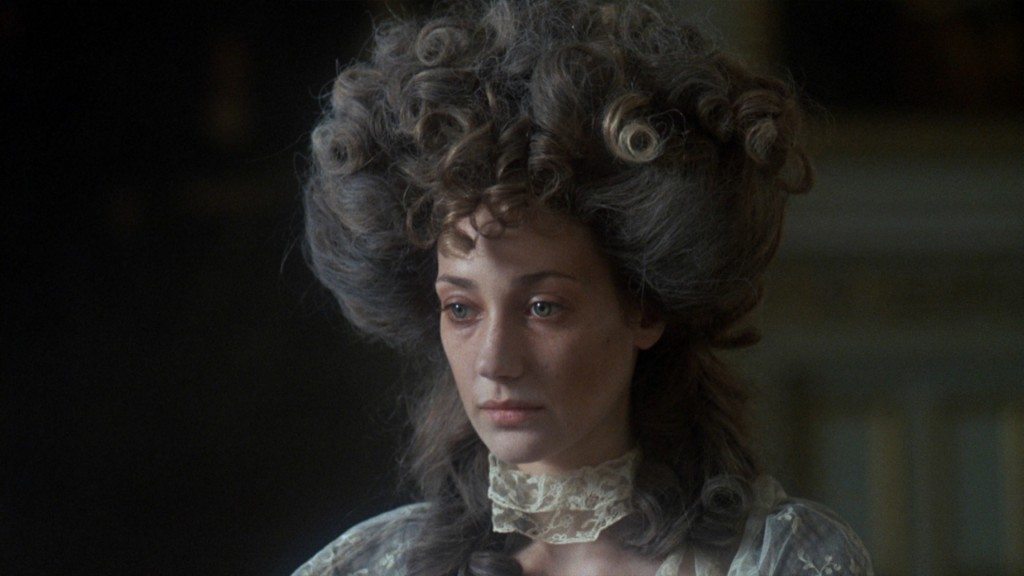
William Makepeace Thackeray referred to his book, ‘The Luck of Barry Lyndon’ as ‘a novel without a hero’. Redmond Barry is quite probably the most human of all literary characters. His desires, his pride and his lack of nobility is made both profound and glorious in the hands of Kubrick. Possibly the most gorgeous film of all time, every frame of ‘Barry Lyndon’ is a painting, shot primarily with natural light, under open windows and burning candles. Ending with a grand realization of the human mortality, ‘Barry Lyndon’ will leave you with a sense of both emptiness and deep satisfaction.
3. The Shining (1980)
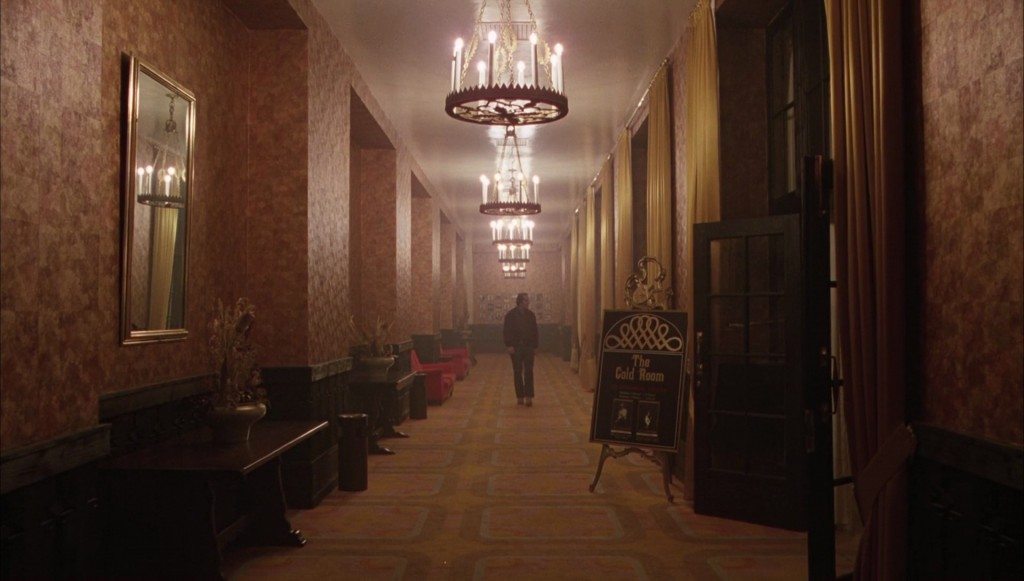
Stephen King, the author of the book on which ‘The Shining’ is based was, and remains extremely disappointed in the film. It’s understandable; because it bears little resemblance to his bestselling venture. Instead, the film is far more hypnotic, pulling you into the frightening vastness and silence of the Overlook Hotel, as the languid pace helps it to creep under your skull. Whether it be Wendy discovering Jack’s work, Mr. Grady’s conversation with Jack in the bathroom, or Jack trailing Danny in the hedge maze, there are things about ‘The Shining’ that still keep me awake.
2. Dr. Strangelove (1964)
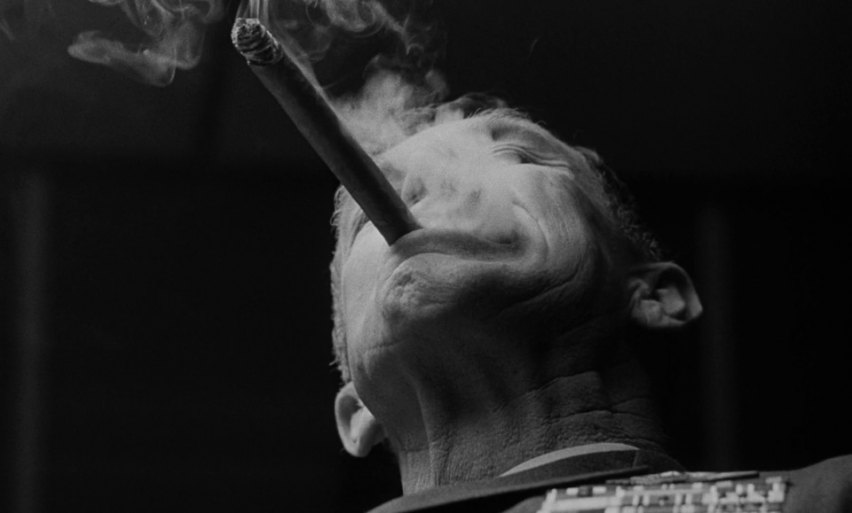
In 1964, the Cold War was one of the most serious subjects of conversation. Kubrick, of course, had to go and make the one of the funniest films of all time on it. ‘Dr. Strangelove’ is a fictional account of the catastrophic events that would follow if a US Air Force General would order a nuclear attack on Soviet Union. The premise may sound ridiculous, but the detailing in the film is so perfect, that one would conclude that such an event could’ve entirely been a reality. ‘Dr. Strangelove’ gave Kubrick the chance to work with Peter Sellers again, and with Sellers playing three different characters, he was able to bring his unique, hilarious, and terrifying vision to immortal life.
Read More: Quentin Tarantino Movies
1. 2001: A Space Odyssey (1968)
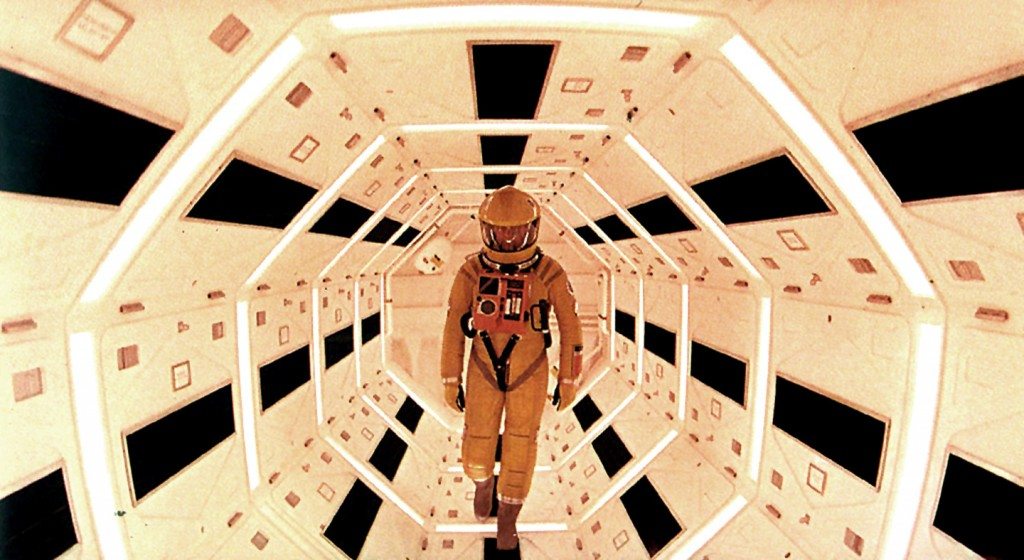
The tagline of ‘2001: A Space Odyssey’ was: “The ultimate trip”. Subsequently, it acquired the title of “the drug movie”, for people would consume certain substances to add to their experience of the film. For me, the film was the drug. For no moment was I not flying with the spacecraft, rotating with the space station, breathing with the astronauts. It’s the consequence of a film that has incomparable cinematography, flawless production design and visual effects and inconceivable perfection in its use of music. There is no distinction between music and image, light and vision, everything is breathing, living, fully conscious and unforgettably beautiful. It’s the cinema to beat all cinema.
Read More: Best Steven Spielberg Movies

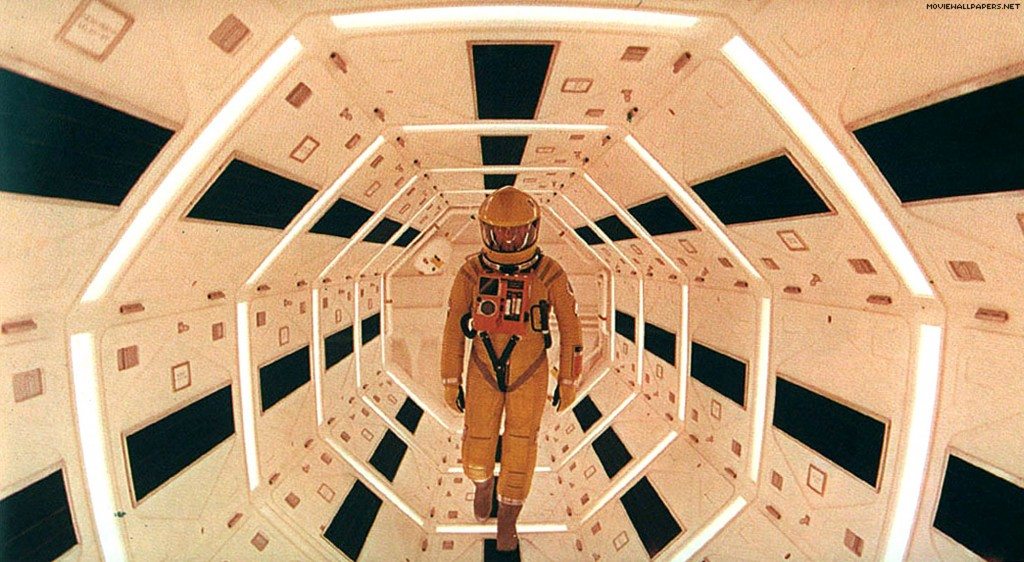
You must be logged in to post a comment.